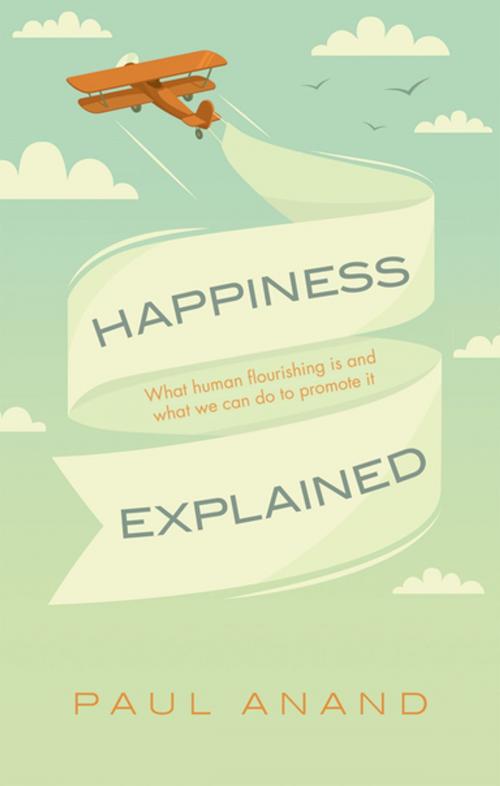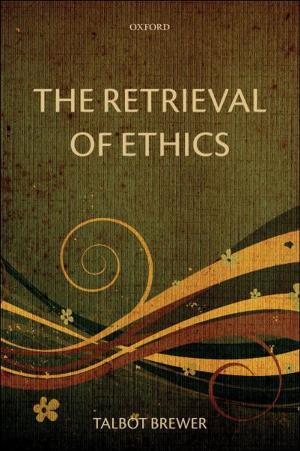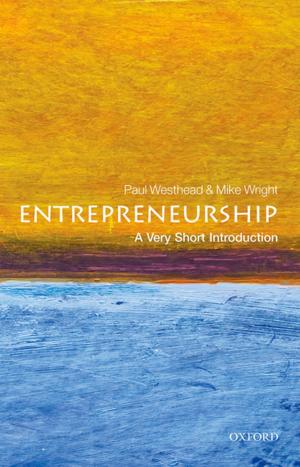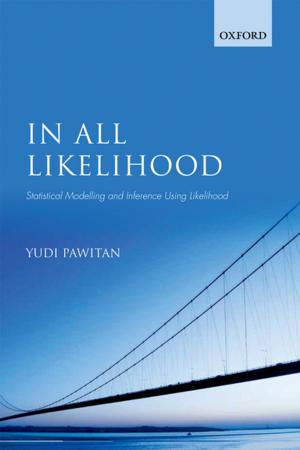Happiness Explained
What human flourishing is and what we can do to promote it
Business & Finance, Economics, Nonfiction, Religion & Spirituality, Philosophy| Author: | Paul Anand | ISBN: | 9780191054518 |
| Publisher: | OUP Oxford | Publication: | March 17, 2016 |
| Imprint: | OUP Oxford | Language: | English |
| Author: | Paul Anand |
| ISBN: | 9780191054518 |
| Publisher: | OUP Oxford |
| Publication: | March 17, 2016 |
| Imprint: | OUP Oxford |
| Language: | English |
What is human happiness and how can we promote it? These questions are central to human existence and Happiness Explained draws on scientific research from economics, psychology, and philosophy, as well as a range of other disciplines, to outline a new paradigm in which human flourishing plays a central role in the assessment of national and global progress. It shows why the traditional national income approach is limited as a measure of human wellbeing and demonstrates how the contributors to happiness, wellbeing, and quality of life can be measured and understood across the human life course. Discussing wide-ranging aspects, from parenting, decent employment, friendship, education, and health in old age, through to money, autonomy, and fairness, as well as personal strategies and governmental polices used in the pursuit of happiness, it offers a science-based understanding of human flourishing. Written by an economist involved in helping governmental organisations move 'beyond GDP', Happiness Explained shows how a wide range of factors that contribute to better and happier lives and how, together, they provide a new blueprint for the assessment of progress in terms of personal wellbeing.
What is human happiness and how can we promote it? These questions are central to human existence and Happiness Explained draws on scientific research from economics, psychology, and philosophy, as well as a range of other disciplines, to outline a new paradigm in which human flourishing plays a central role in the assessment of national and global progress. It shows why the traditional national income approach is limited as a measure of human wellbeing and demonstrates how the contributors to happiness, wellbeing, and quality of life can be measured and understood across the human life course. Discussing wide-ranging aspects, from parenting, decent employment, friendship, education, and health in old age, through to money, autonomy, and fairness, as well as personal strategies and governmental polices used in the pursuit of happiness, it offers a science-based understanding of human flourishing. Written by an economist involved in helping governmental organisations move 'beyond GDP', Happiness Explained shows how a wide range of factors that contribute to better and happier lives and how, together, they provide a new blueprint for the assessment of progress in terms of personal wellbeing.















